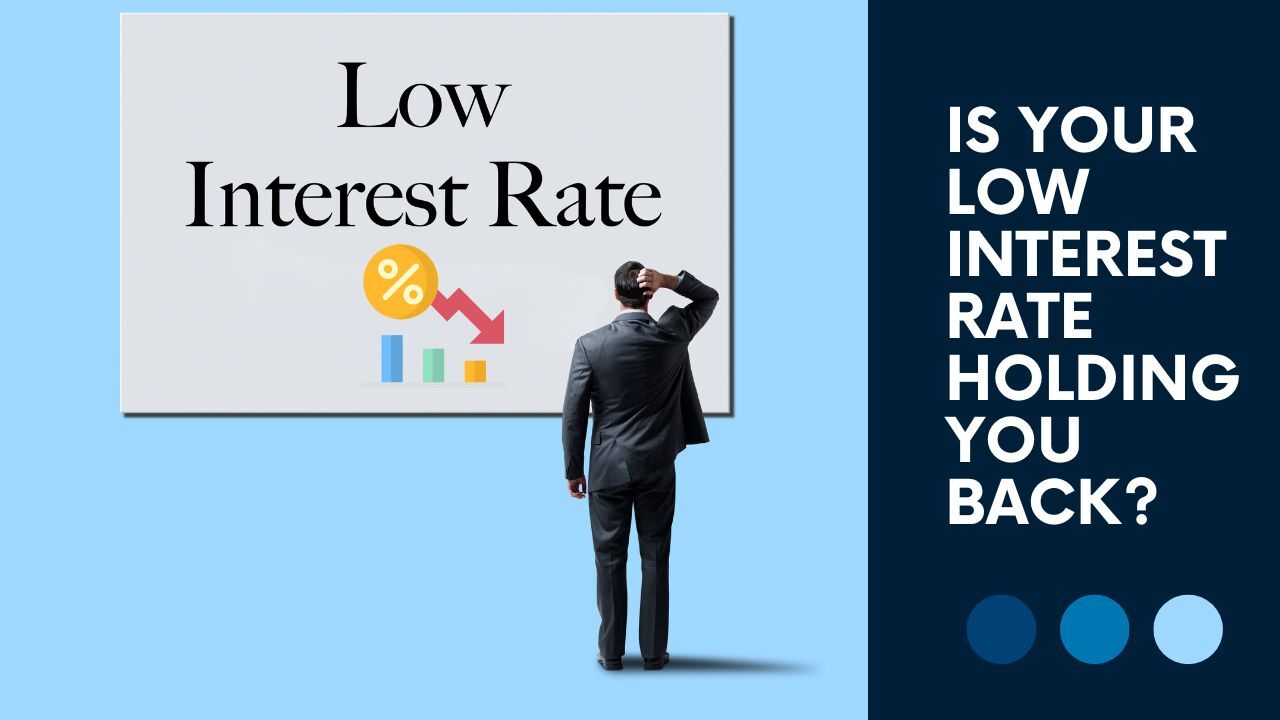 In today’s real estate market, many homeowners find themselves at a crossroads. They locked in an ultra-low mortgage rate years ago, but now their home no longer fits their lifestyle, family size, or future plans. The thought of giving up that great rate can feel daunting—but is staying in a home that no longer serves you really the best option? The truth is, you don’t have to feel stuck. You have choices that can help you move forward while still making smart financial decisions.
In today’s real estate market, many homeowners find themselves at a crossroads. They locked in an ultra-low mortgage rate years ago, but now their home no longer fits their lifestyle, family size, or future plans. The thought of giving up that great rate can feel daunting—but is staying in a home that no longer serves you really the best option? The truth is, you don’t have to feel stuck. You have choices that can help you move forward while still making smart financial decisions.
1. Buy a Home You Love
A low interest rate is great, but it shouldn’t keep you from living in a home that truly meets your needs. Whether you need more space, a better location, or a home with modern upgrades, moving could be the right decision—especially if you’ve built up significant equity.
That equity can be used to make a larger down payment on your next home, reducing your new loan balance and helping offset a higher interest rate. Plus, keep in mind that mortgage rates fluctuate. If you purchase now, you can always refinance later when rates come down, potentially lowering your monthly payment in the future.
2. Keep Your Low Rate and Rent It Out
If giving up your current mortgage rate is a major concern, consider holding onto your home and turning it into a rental property. With high demand for rental homes, you may be able to generate enough income to cover your mortgage—or even turn a profit—while purchasing a new home that better suits your needs.
Becoming a landlord can be a great way to build long-term wealth, especially if your home is in a desirable location. Plus, if property values continue to rise, you’ll benefit from appreciation on both homes, making it a strong financial move in the long run.
You Have More Options Than You Think
It’s easy to feel like your low interest rate is the most important factor in your housing decision, but it’s just one piece of the puzzle. If your home no longer serves you, it may be time to explore your options. Whether you choose to sell, rent, or make a strategic move, there’s a path that fits your goals.
Let’s talk about your situation and find the best solution for you. Send a message, and let’s explore your next move together!
